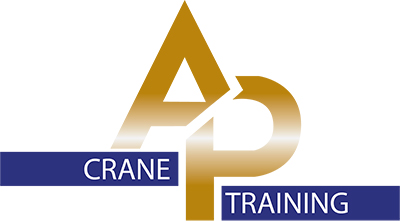Elevate your skills with California’s premier crane training and certification school, catering to both major companies and individuals. Gain expertise in mobile crane operations through our comprehensive training programs. Our CA-based crane school also provides specialized training for riggers and signalpersons.
Prepare for success with our nationally accredited operator certificate, aligning with stringent Occupational Safety and Health Administration (OSHA) and American National Standards Institute (ANSI) standards. Whether at your site or our state-of-the-art training centers, our classes are tailored to meet your specific needs and schedule. Unlock your potential with us today.
Crane Training Courses
Mobile Crane Operator Certification
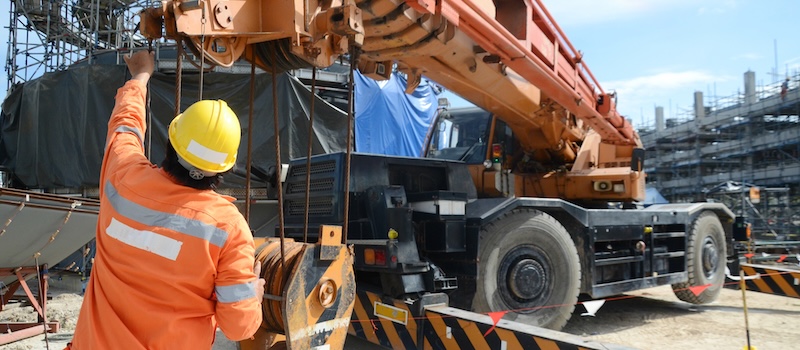
The improper use of mobile cranes can cause serious injury or death. Cranes that are poorly maintained can cause accidents resulting in OSHA fines. Accidents can be prevented if proper training and precautions are recognized.
Crane Operator Training
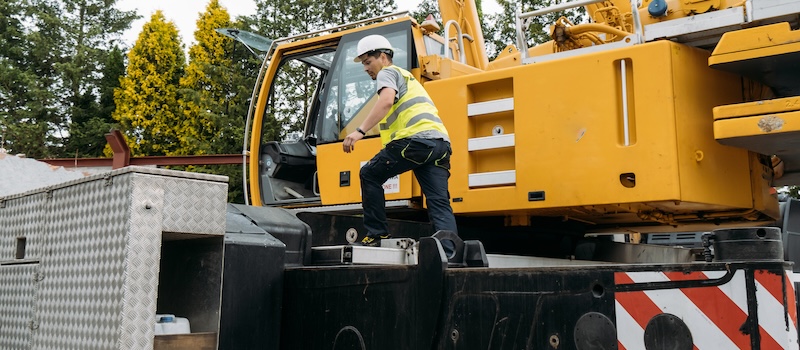
The online program supports Small and Large Telescopic Hydraulic, Lattice Boom Crawler and Truck Mounted Cranes. With the help and knowledge of our on-call instructors you will be fully prepared for all state and federal certification exams.
Overhead Crane Training
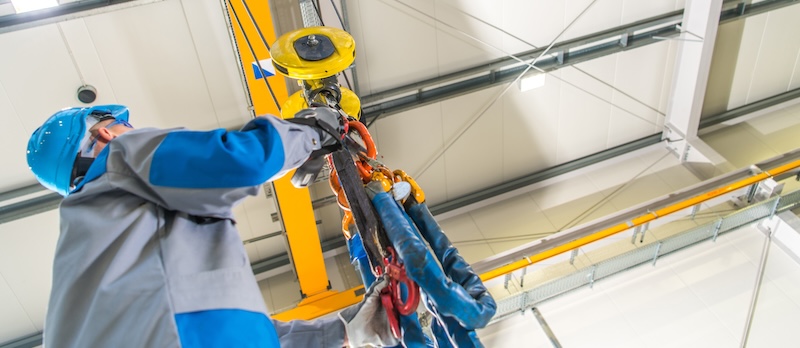
OSHA Crane Training offers forklift operator certification schooling for the safe performance of forklift operations. The training also gives the operator certification along with the knowledge to do their duty safely and reduce forklift accidents which causes downtime.
Online Training

Overhead Crane Instructor Course 29CFR 1910.179(a)(35),(b)(8)ASME B30.2 Mobile Crane Instructor Course 29 CFR 1910.180, ANSI B30.5 Qualified Rigger-Sgnalperon Instructor Course 29 CFR 1926.1401,1404,1419, 1425,1428,1430,1431,1441 Aerial Lift Instructor Course 29 CFR 1926.453, 1910.67 Forklift Certification Instructor Course CCR Title 8 Sec 3668, CFR 1910.178
Rigging and Signalperson Training
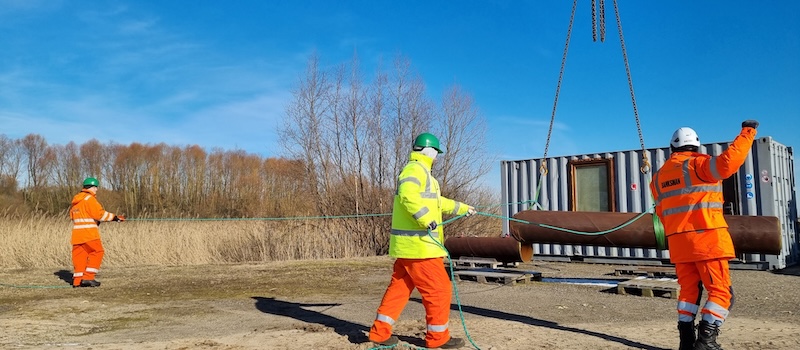
OSHA Crane Training offers forklift operator certification schooling for the safe performance of forklift operations. The training also gives the operator certification along with the knowledge to do their duty safely and reduce forklift accidents which causes downtime.
Train The Trainer

Overhead Crane Instructor Course 29CFR 1910.179(a)(35), (b)(8)ASME B30.2 Mobile Crane Instructor Course 29 CFR 1910.180, ANSI B30.5 Qualified Rigger-Sgnalperon Instructor Course 29 CFR 1926.1401, 1404,1419, 1425,1428,1430,1431,1441 Aerial Lift Instructor Course 29 CFR 1926.453, 1910.67 Forklift Certification Instructor Course CCR Title 8 Sec 3668, CFR 1910.178
Aerial Lift Operator Training
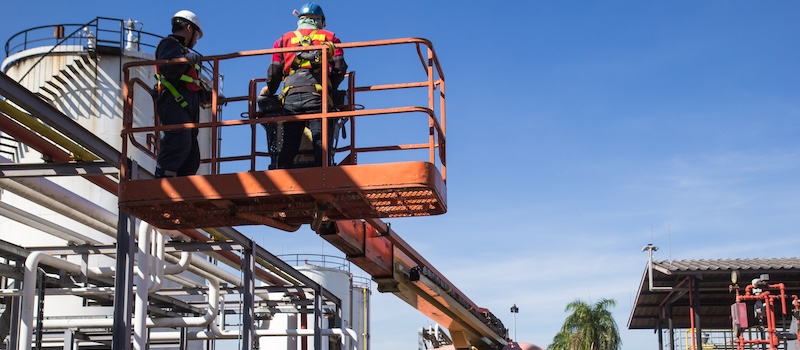
Our aerial lift training program gives aerial lift operators and the supervisors responsibility for the daily operations and safe performance of the lift equipment. The aerial training and aerial certification we offer gives the training operators the knowledge to operate safely and reduce accidents which causes downtime further in the future.
Forklift Operator Certification
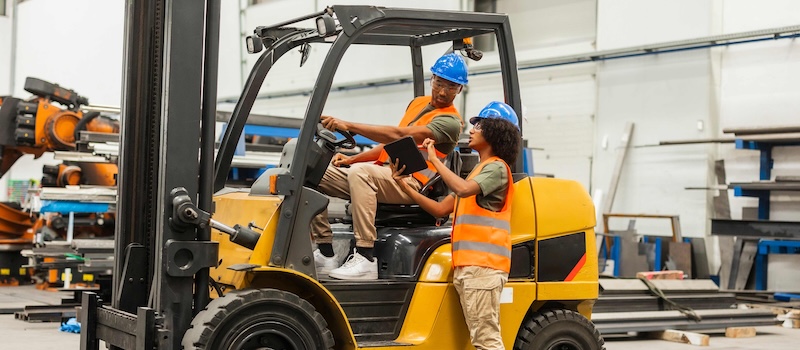
AP Crane Training offers forklift operator certification schooling for safe performance of forklift operations. The training also gives the operator certification along with knowledge to do their duty safely and reduce forklift accidents which causes downtime.
Nationally Accredited Crane Operator Certification
All crane operators must receive a nationally accredited operator certification, which meets the Occupational and Safety Health Administration (OSHA) and the American National Standard Institute (ANS!) Prerequisites. Classes can be done on-site or offsite depending on your option. Our crane training centers are customized to your particular requirements if not more with additional information pertaining to the latest standards and regulations.
